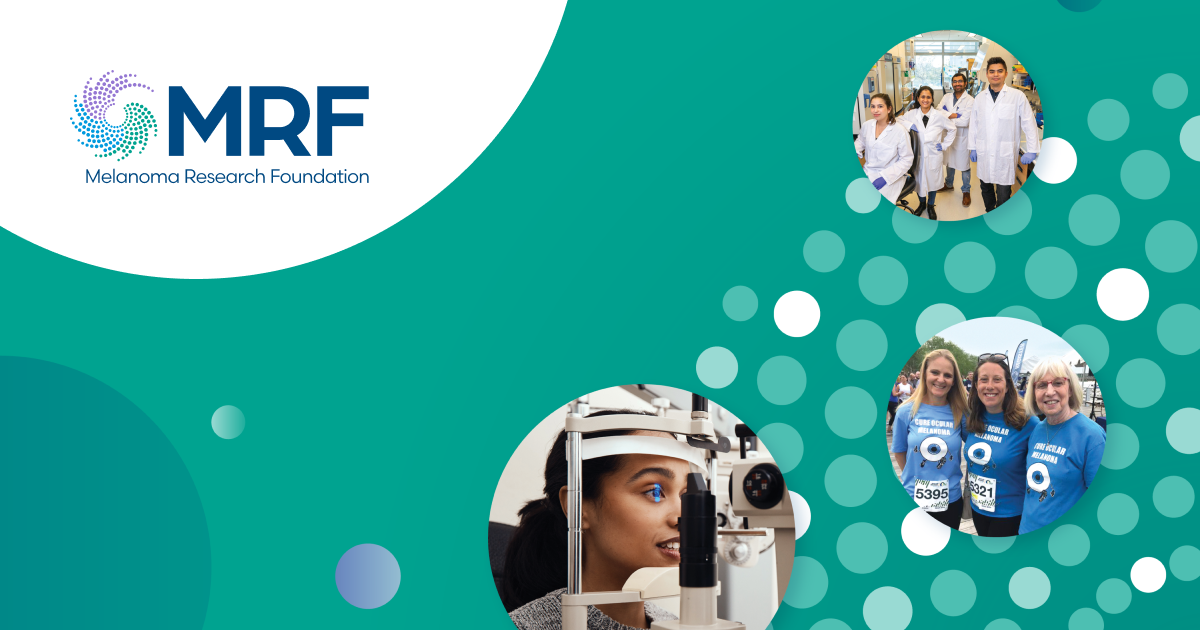Making a Difference

Thanks to "guest blogger" Mary Mendoza for the following. Mary is National Director of Volunteer Services for MRF.
Later this month MRF will host a two-day Volunteer Training in Denver. In thinking of this, I was reminded again about how much of the good work being done in the melanoma community is accomplished by volunteers. Volunteers raise money for research, they pressure government to give us better tools for prevention and early detection, they share deeply personal cancer battles with media to galvanize others, and educate and empower through health fairs, and so much more.
There is actually very little we could accomplish to improve the outlook of people with melanoma without volunteers. So, how do we make sure every volunteer – who comes to us full of passion and compassion – can accomplish amazing things? Our volunteer training focuses on three things:
1. Clear goals and objectives
Volunteers want to make a difference. But what does that look like? Is it raising $20,000 for a research grant? Holding an educational event at a local school?
At MRF we have a list of potential volunteer activities, and we encourage each volunteer to find something to which they can devote themselves. We understand how busy our volunteers are, so each item is specific, measurable, and time-limited. In other words, the list provides a framework through which a volunteer can feel successful.
We held a volunteer training event in Chicago, and one of the participants was searching for a way to make a difference. Her son had recently died of melanoma, and she was determined to do something, but had no idea what. She said, “I know nothing about fundraising, but maybe I could try to do something.” So she held a yard sale, and she put together a cookbook of her favorite recipes, and in the end she sent in a check for almost $4000 to support melanoma research!
2. The tools needed to accomplish those goals and objectives
How many of us know how to launch a 5k run/walk event? How to start a support group? By offering training and support materials, we can focus the energy of our volunteers and ensure that their limited time is spent to maximum effect. Much of the training is based on lessons learned.
A melanoma patient in Delaware was challenged by another patient to start an event. They worked hard, pulled in some friends, and launched Miles for Melanoma Delaware. Last year the event had over 500 participants and raised $60,000!
Based on her experiences, and those of others, MRF has now developed a “walk in a box” that offers step by step directions on how to launch a run/walk event. And volunteers who have run this kind of effort are talking with each other, sharing ideas and suggestions, so no one is alone, starting from scratch.
3. Ensure each volunteer has an exit strategy
I recall a volunteer, years ago, whose daughter died of cancer. He committed himself to starting a support group for cancer patients. He didn’t have the skills to make that happen. Though nothing he tried worked, he felt that if he quit trying he would be abandoning the memory of his beloved daughter. Nonprofits should never put volunteers in that position.
I believe we should ask volunteers for a one year commitment. We will train them, provide tools for them, help set goals and objectives. And they volunteer for one year. At the end of that time, they can commit to another year, or they can stop. Either way, they should feel good about what they have done.
We’re privileged to host the volunteer training in Denver coming up at the end of the month. It’s amazing and inspiring to see such committed men and women who, through that amazing outpouring of energy and care, are ready to change the world.
Mary



